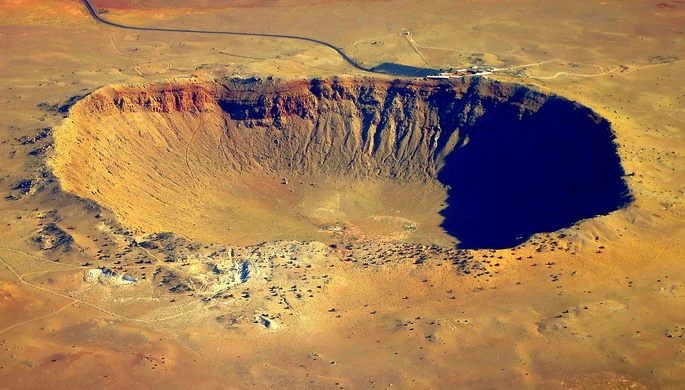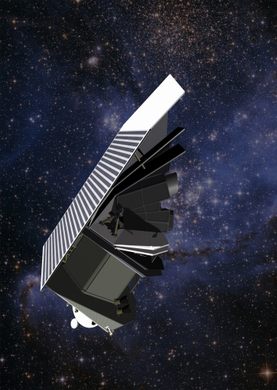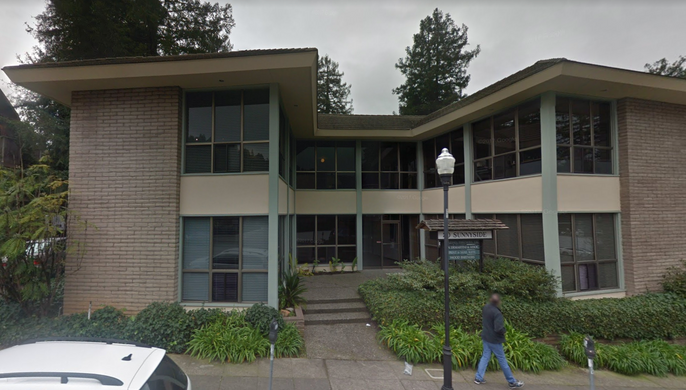B612 Foundation
Astronomers plan to launch a space telescope into orbit, to find out what exactly stands in the way of an asteroid hitting Earth.
In the beloved French novella “The Little Prince,” the titular young prince’s fictional home planet is a small asteroid that’s called B-612 by people on Earth. The name was borrowed by three astronomers, who founded the B612 Foundation in order to protect the Earth from potential asteroid impacts.
The B612 Foundation was established in 2002 by Dutch astrophysicist Piet Hut, planetary scientist Clark Chapman, and former U.S. Apollo astronaut Rusty Schweickart. Ten years later, it announced its Sentinel Mission, which aims to launch the Sentinel Space Telescope to detect large asteroids in near-Earth orbits.
The telescope would orbit the sun on a path similar to Venus’ orbit. But funding has been slow-going, and despite initial support, NASA terminated its Space Act Agreement with B612 in 2015. The foundation has continued forward, raising private donations for the project.
An asteroid colliding with the Earth seems like the stuff of Hollywood, but it’s not unprecedented. In 1908, an asteroid destroyed about 80 million trees surrounding the Siberian Podkamennaya Tunguska River. More recently (in Russia again), in 2013, a meteor exploded over Chelyabinsk, damaging 7,200 buildings and injuring more than 1,000 people.
B612 aims to actively prevent similar—or worse—catastrophic events. Sending a deep-sea oil driller to blow up any potential threats just in the nick of time seemed a bit less pragmatic than preemptively employing a space telescope to seek out any asteroids on a collision course.
The B612 foundation isn’t the only astronomical reference to the little prince’s asteroid home. In 1993, Japanese amateur astronomers Kin Endate and Kazuro Watanabe discovered a meteor that orbits the sun, about one full rotation every three and a half years. The meteor was given the name “46610 Bésixdouze” in honor of the little prince’s home. (B612 is 46610 written in hexadecimal notation, and Bésixdouze phonetically sounds like B612 in French.)
Know Before You Go
Visiting B612 isn’t an option at the moment, as it exists only as a virtual organization. But, they have close ties with the University of Washington, whose scientists are working on the Large Synoptic Survey Telescope, which will feature the world’s largest camera, capable of producing photos the size of 40 full moons.















Follow us on Twitter to get the latest on the world's hidden wonders.
Like us on Facebook to get the latest on the world's hidden wonders.
Follow us on Twitter Like us on Facebook